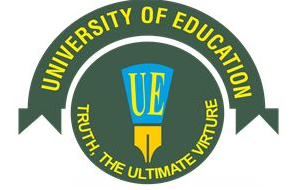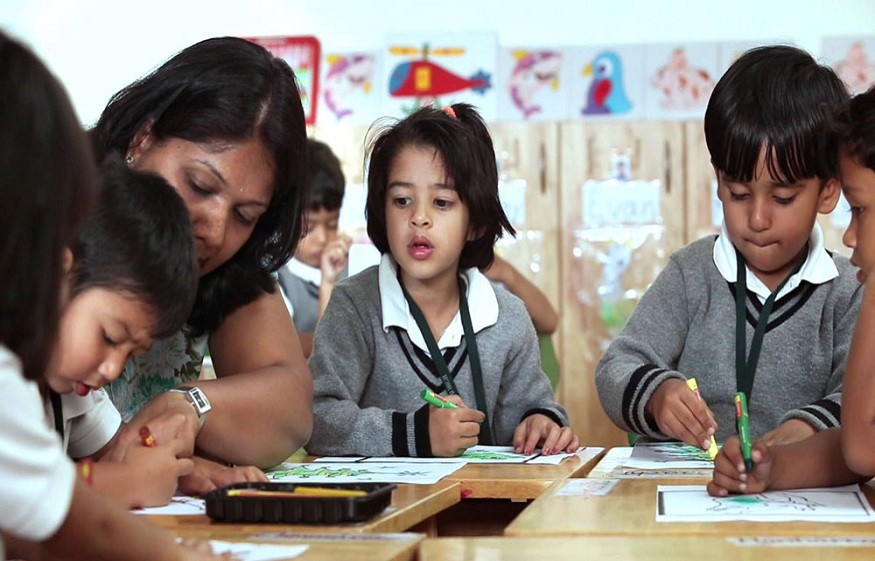Education is a key factor in the economic, social, cultural and political development of a country. States that have experienced a high level of economic performance in recent decades (Singapore, Taiwan, Mauritius, Botswana, Rwanda, etc.) are those that have been able to set up effective education systems adapted to their contexts and their choices. economic orientation.
However, of all the regions of the world, it is sub-Saharan Africa (particularly the French-speaking area) which has the highest rate of young people excluded from schooling. More than a fifth of children aged 6 to 11 are out of school, followed by a third of young people aged 12 to 14, according to data from the UIS (UNESCO Institute of Statistics). The situation is particularly worrying for countries such as Mali, Burkina Faso, Niger and Chad which have literacy rates below 30%.
The literacy rate in sub-Saharan Africa, however, rose from 52 in 2016 to 65% in 2018. African states (especially French-speaking ones) find it much more difficult to offer both the quantity and the quality of educational services to their extremely young and growing. Thus, shortcomings accumulated by pupils at the level of primary and secondary school have significant repercussions when they approach higher education or begin a professional life. There is in fact a mismatch between the knowledge acquired at school and that required by the world of employment.
What reforms should be initiated to improve the quality of primary and secondary education, to make learning more efficient in French-speaking Africa? What are the roles, responsibilities and capacities of local, national and regional actors in the formulation of primary and secondary education policies? What is the role of parents in achieving their children’s educational achievements? Are they sufficiently involved in the skills acquisition process?
Beyond the presentation of the obstacles to a qualitative education in primary and secondary education, this article also offers tested and proven ideas that have contributed to improving the quality of primary and secondary education.
Challenges to providing quality primary and secondary education
The quality of primary and secondary education largely determines a country’s ability to face, with well-trained women and men, future challenges in all areas. But it is difficult to provide this quality education in view of certain challenges, in particular the lack of equipment and school infrastructure, the overcrowding of students in the classrooms, school programs that are often unfinished, strikes and repeated demands for an increase in teachers’ salaries, to name a few.
This is without forgetting the spectacular privatization in the education sector, from kindergarten to higher education, which over the past two decades has created multi-speed education systems, with public sectors gradually abandoned by parents of students. The latter make enormous financial efforts to provide a better education for their children by sending them to expensive private schools.
From awareness to responsibility
These dysfunctions demonstrate the urgency of awareness by all actors in the education sector because:
“The teaching/learning process involves several actors. In the event of failure, each of the latter has its share of responsibility, depending on its degree of involvement in the process. The responsibility for failure of course lies with the pupil, but he is only the last link in a long chain which begins in the ministries in charge of education, continues in the schools and ends in homes. »
Cameroonian blogger Fotso Fonkam reminds us. It is therefore necessary to rethink the education systems in all their dimensions to make them more adapted to the economic, social and cultural realities of the citizens and
Here are 4 recommendations follow-up of actions that can contribute to the remodeling of the primary and secondary education system in French-speaking Africa.
1- Sovereign French-speaking countries in determining educational policies
The countries of French-speaking Africa must be able to determine in a sovereign manner the fundamental orientations in the field of education and ensure their consistent implementation over a period long enough to produce results. They can achieve this by creating in each country a Higher Education Authority, independent of the executive power, whose role will be to define the main orientations of the education and training systems, to ensure the compatibility and consistency of the choices carried out for the different levels of education from pre-primary to higher education.
It will also be necessary to refocus on the real needs in connection with the future of children and to take, when necessary, distances from international objectives and standards which do not take into account the specific historical paths of each country and of their visions of the future.
2- Prioritize teacher training
To achieve this, the national schools dedicated to the training of primary and secondary teachers must be strengthened. This will essentially go through:
revising the curricula of teacher training schools to incorporate a wide variety of pedagogical approaches to be adapted to specific contexts and different types of learning;
the upgrading of the status [5] of the teacher and the fight against absenteeism and double (or triple) employment practiced by a large segment of teachers in French-speaking Africa;
a strengthening of administrative control and the effective application of sanctions.
3- Plan by integrating socio-economic realities into school programs.
It is important to put in place school calendars and programs adapted to local economic and social contexts, especially in rural areas. Agricultural calendars and certain socio-economic constraints could be taken into account to determine the school calendar.
For example, the adaptation of the literacy offer is a major factor in the paradigm shift in countries such as Benin, Burkina Faso, Mali, Mauritania, Niger, Chad and Togo, which have implemented the “Regional program for the education of pastoral populations in cross-border areas ( PREPP ). The ambition of the said program, led by the Association for the Promotion of Livestock in the Sahel and Savannah (APESS) since 2014, is to free pastoral communities from endemic illiteracy, to contribute to better access to employment for young people, through the development of their technical and professional skills.
It is also important to involve local populations in the development of school curricula through annual formal processes of information, consultation and debates at the level of regions, departments or provinces. We could also authorize variations in the school calendar according to the regions while strictly respecting national standards (annual hourly volumes, exam dates).

